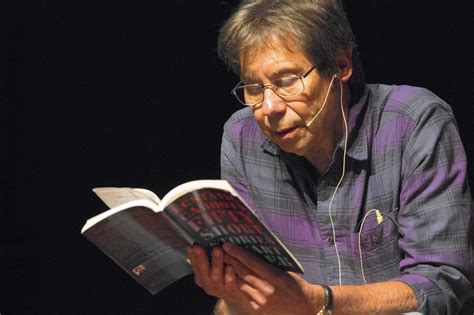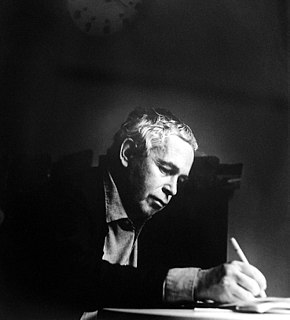A Quote by Ashwin Sanghi
Initial work is on period research where the historical markers are absolutely non-negotiable. Once that is established, a writer can take creative liberties in terms of chronology to suit the story.
Related Quotes
I begin with understanding the intentions of the story. That helps me to zero in. Then I gather research for each individual character and analyze the time period with comparisons to the figure and the facial structure. It helps to be comfortable with computers because the massive amount of research is kept electronically and shared with my staff this way. Very little is printed out. I work with an illustrator to come up with the proper silhouettes and details of the clothing from the time period to time period. And on and on.
Of the total creative effort represented in a finished work, 75 percent or more of a writer's labor goes into designing the story designing story tests the maturity and insight of the writer, his knowledge of society, nature, and the human heart. Story demands both vivid imagination and powerful analytic thought.
The model we established was to give creative people complete creative freedom in exchange for betting on themselves, so they work for the minimums you're allowed to work for, and if the movies work in a big way, everyone does very well. If the movies don't, nobody loses too much money. The benefit to doing all the movies low budget is we can tell different types of stories and take creative risks. The Purge would have been irresponsible to do for $20M, but to do it for $3M makes sense.
In 'Labor Day Hurricane, 1935,' Douglas Trevor vividly recreates a historical event. While that is the only story in A THIN TEAR IN THE FABRIC OF SPACE in the historical past, many of the other stories juxtapose fact-both historical and scientific-with narration to an engaging effect, one that distinguishes the voice of this new writer.
Bryce Zabel and I went down the road of revising the Kennedy historical record together on the NBC seriesDark Skies. This time instead of giving new meaning to the established JFK chronology, hes created a brand new one altogether.Surrounded by Enemiesis an exhilarating ride, full of twists and turns that never were, but surely could have been.
If we're ignorant of the historical sacrifices that made our liberties possible, we will be less likely to make the sacrifices again so that those liberties are preserved for future generations. And, if we're ignorant, we won't even know when government infringes on our liberties. Moreover, we'll happily cast our votes for those who'd destroy our liberties.



































